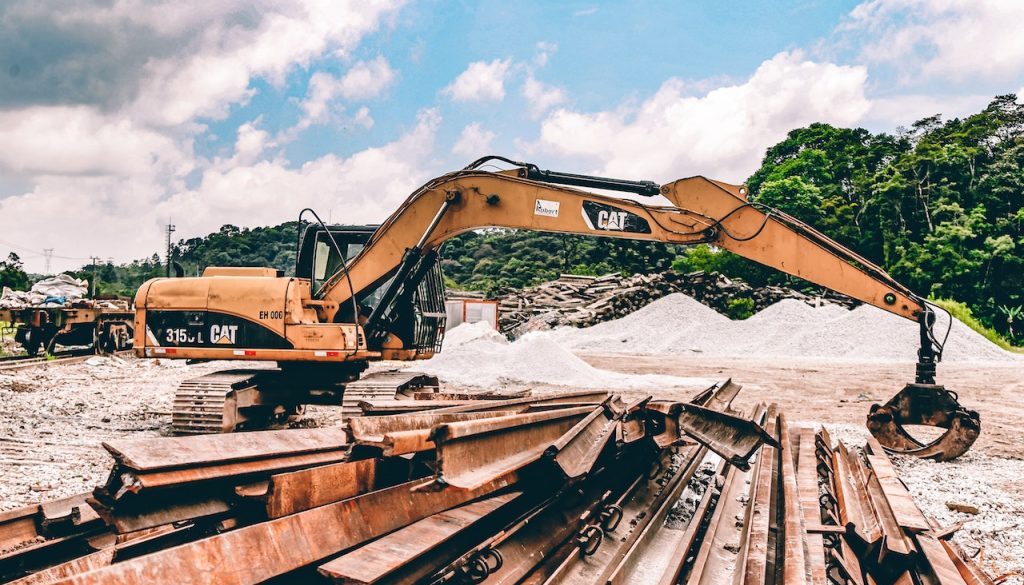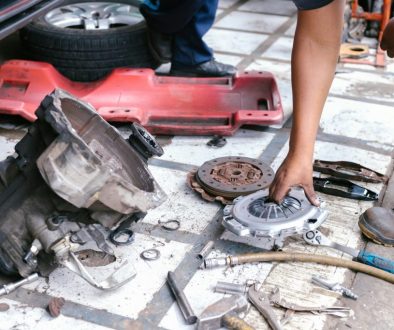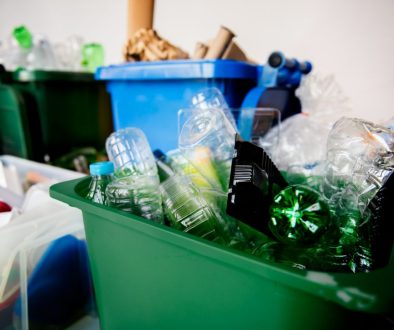Construction projects are known for generating massive amounts of waste materials, which need to be managed efficiently and responsibly to ensure environmental sustainability and compliance with local and regional regulations. Responsible waste management not only contributes to a cleaner and safer construction site but also leads to cost savings, enhanced reputation, and meeting the requirements of green building certification schemes. This article will discuss the importance of implementing effective waste management strategies on construction sites, including waste reduction, recycling initiatives, and the vital role of professional skip hire services like Enviro Skip Hire in managing construction waste responsibly.
A well-planned waste management strategy is essential to minimise the environmental impact and maximise the efficiency of waste disposal during construction projects. By incorporating waste reduction, recycling, and reuse methods, construction companies can significantly lower the amount of waste sent to landfill sites, conserve resources, and reduce greenhouse gas emissions. Additionally, responsible waste management helps meet legal requirements and avoid penalties associated with improper disposal of waste materials. Furthermore, embracing sustainable waste management practices enhances the reputation of a construction company, making it more appealing to clients, investors, and the wider community.
Developing a comprehensive waste management plan should take into account waste quantities and types, waste reduction and recycling targets, and appropriate methods for waste collection and disposal. One of the most effective approaches to ensuring efficient and responsible waste management on construction sites is engaging the services of professional skip hire companies like Enviro Skip Hire. Such companies possess the knowledge, expertise, and resources to manage construction waste in compliance with legal regulations and environmental guidelines.
In the following sections, we will elaborate on effective waste management strategies for construction sites, the benefits of responsible waste disposal, and the role of skip hire services in ensuring efficient, eco-friendly waste management.
Responsible Construction Site Waste Management: Strategies for Success
Waste Reduction Techniques
1. Design and Planning
An essential step in reducing construction waste is incorporating waste reduction strategies during the design and planning stages of a project. By considering waste reduction, recycling, and reuse possibilities from the beginning, construction companies can identify opportunities to minimise waste generation and prioritise the use of sustainable materials.
2. Material Inventory Control
Implementing efficient material inventory control mechanisms helps minimise wastage on construction sites. By carefully monitoring the quantity of materials required and stored on-site, companies can avoid over-purchasing, reduce material loss and wastage, and ensure that any surplus materials are efficiently managed for reuse or recycling.
3. Deconstruction Instead of Demolition
Opting for deconstruction instead of demolition when dismantling existing structures can significantly reduce waste generation. By selectively deconstructing buildings and retaining valuable materials for reuse and recycling, construction companies can conserve resources, save on new materials costs, and minimise landfill waste.
4. Prefabrication and Modular Construction
Utilising prefabrication and modular construction techniques can contribute to waste reduction during a project. As these methods involve assembling building components off-site in a controlled environment, they often result in more efficient use of materials, reducing waste and saving on material costs.
Recycling Initiatives
1. Segregation and Sorting of Waste
Waste segregation and sorting on construction sites are crucial to facilitating efficient waste recycling. Properly segregating waste into separate containers or areas, according to material type, enables quick identification and transportation of recyclable materials to suitable recycling facilities. Segregating waste on-site also helps prevent cross-contamination between hazardous and non-hazardous waste streams.
2. Coordinate with Recycling Centres and Services
Engaging with local recycling centres and services ensures that construction waste is processed and recycled in a responsible and sustainable manner. Establishing agreements with recycling partners can help construction companies guarantee consistent recycling rates and reduce the amount of waste sent to landfills.
3. On-Site Recycling
On-site recycling initiatives, such as using a concrete crusher or wood chipper, can contribute to managing construction waste more sustainably. By processing waste materials directly on site, companies can reduce transportation costs and emissions associated with off-site processing, while turning waste into valuable resources that can be reused within the project.
The Role of Skip Hire Services in Responsible Construction Waste Management
1. Efficient Waste Collection and Transportation
Skip hire services provide a convenient and time-saving solution for collecting and transporting construction waste. By offering a range of skip sizes and flexible collection schedules, skip hire companies ensure that waste is efficiently managed and disposed of in compliance with local regulations and environmental guidelines.
2. Expertise and Compliance
Professional skip hire services possess the knowledge, experience, and resources necessary to handle various types of construction waste, including hazardous and non-hazardous materials. Their expertise ensures that waste is managed in accordance with legal requirements and best practices for environmental protection.
3. Recycling and Sustainability Commitment
Partnering with a skip hire service dedicated to recycling and sustainability, such as Enviro Skip Hire, guarantees that construction waste is handled in an eco-friendly manner, contributing to a greener construction industry. These services often maintain strong relationships with recycling facilities and strive to achieve high recycling rates, helping companies minimise the environmental impact of their waste.
4. Customisable and Scalable Solutions
Skip hire services offer customisable and scalable waste management solutions to cater to the diverse requirements of construction projects. Whether you need a small skip for a minor renovation project or a fleet of large skips for a complex construction project, skip hire companies can provide tailored solutions to suit your specific waste management needs.
Conclusion
Responsible construction site waste management is essential for environmental sustainability, legal compliance, and project cost efficiency. By implementing effective waste reduction techniques, recycling initiatives, and partnering with professional skip hire services, construction companies can ensure the responsible handling of waste materials. Adopting a comprehensive waste management strategy not only contributes to a greener construction industry but also enhances the reputation of construction projects, meeting the growing demand for sustainable building practices and paving the way for a cleaner, more responsible future in construction.
Looking for reliable construction waste management services in Staffordshire? Look no further than Enviro Skip Hire! Our family-run business offers a wide range of skip sizes to suit your needs, whether you’re completing a small DIY project or undertaking a major construction job. Contact us today to hire a skip in Cheshire and keep your site clean and tidy!




